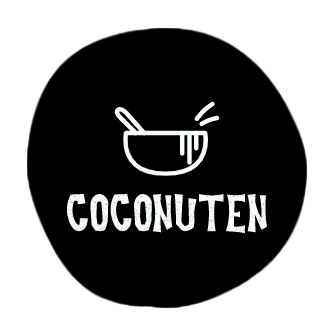For centuries, the coconut has been an important source of versatile food and uses. It provides food, drink, clothing and shelter, as well as income from its products. Because coconuts result in a year-round yield, they are easily available.
Coconut is a major source of food, oil, coconut water, and coconut milk. It has probably been used by humans for centuries. Today, it is a household name and increasingly a symbol of health and proximity to nature. Because of its health properties, the coconut does deserve what it has achieved now.
Open a coconut and you will find inside a very simple structure, but it is versatile nut. From the pulp to the water, shell and husk, every part of the coconut can be fully utilized, processed in a simple or complex way, and thus become a useful object or source of nutrition.
Coconut water
Coconut water is the easiest coconut product to think of, refreshing and low in sugar, an alternative to drinking water, easy to obtain, fresh coconut water tends to taste refreshing with a hint of sweetness and full of coconut flavor.
No processing is required, just open the coconut and enjoy.
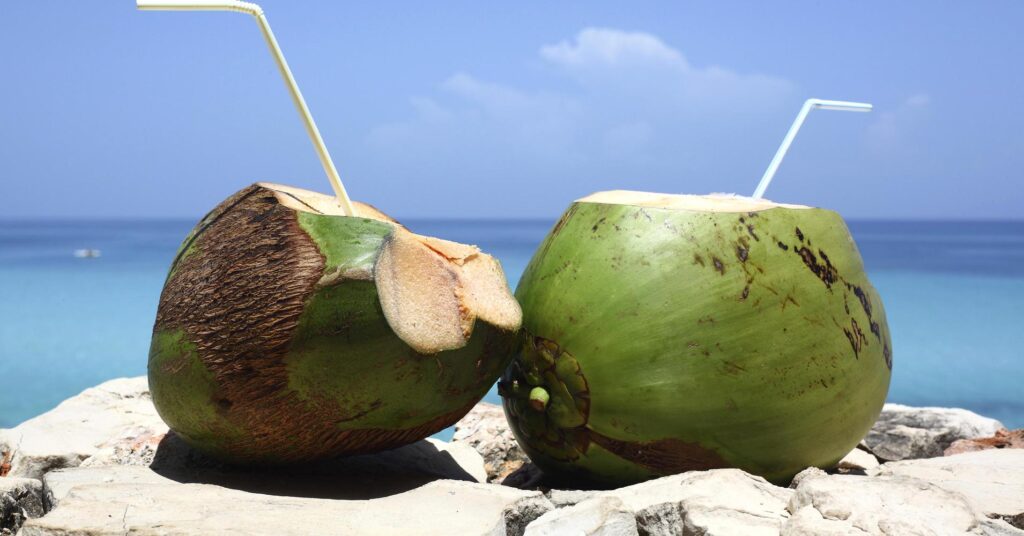
Coconut Milk and Cream
Coconut milk and cream is a culinary ingredient in many traditional Indian and Southeast Asian cuisines and is often used in sweet and savory dishes such as creamy chicken curry.
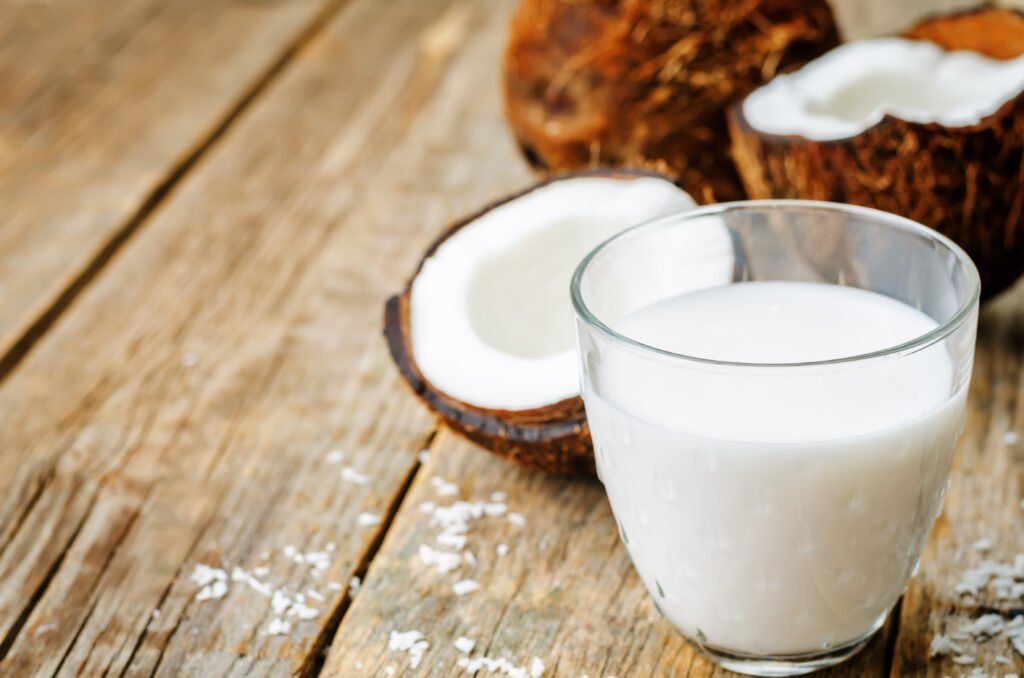
Coconut Milk Beverage
Coconut is by far the leading brand in China. With a fat content of less than 1-2%, the author personally consumes coconut beverages from Coconut regularly, a brand that has accompanied me from childhood to middle age. Since I am lactose intolerant, coconut milk drink has become my breakfast milk substitute, although there are also lactose free milk, but coconut milk tastes better in comparison.
Coconut Oil
A fresh coconut contains about 33% coconut oil. As the food industry becomes more and more popular and people become more conscious of eating healthier, they have a distinct preference for vegetable oils such as canola oil, which is more digestible and has become the fat of choice for some desserts and baked goods. Unlike butter, coconut oil has a lighter flavor.
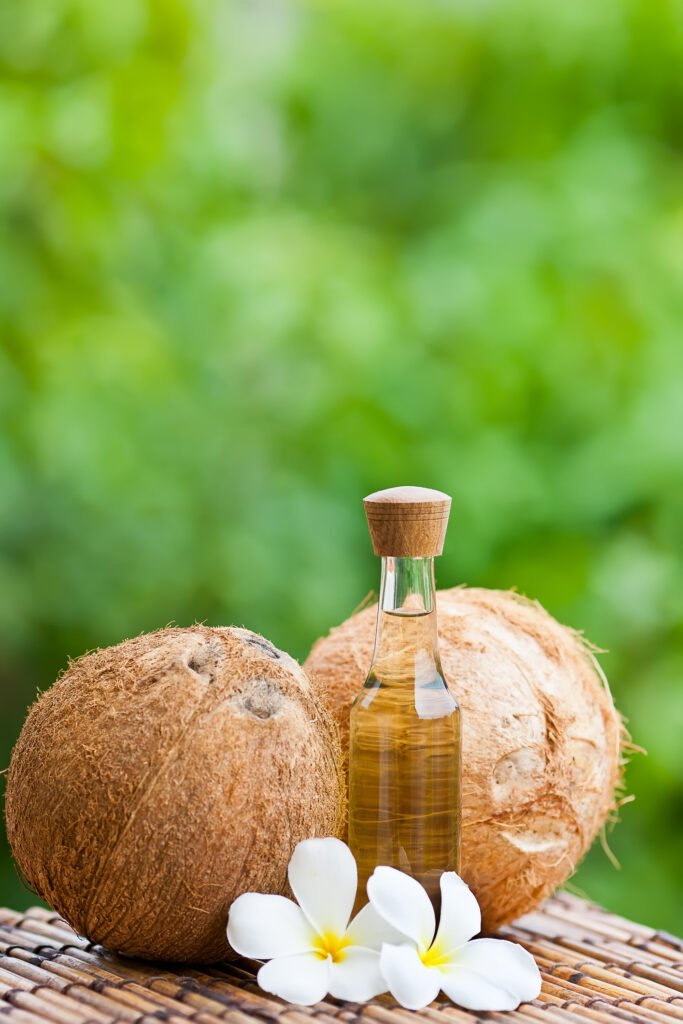
Virgin Coconut Oil (VCO)
VCO is extracted from coconut milk. It can be consumed in its natural state without further processing, it is colorless and free of sediment and putrid odor. Virgin coconut oil is highly prized, and pressed coconut oil is considered to be an excellent choice for cooking, hair and baby oils. It is applied to the body of infants to prevent skin diseases. Due to the low FFA content, this oil has a longer shelf life.

Coconut Flour
Coconut flour is one obtained after drying, draining and extracting most of the oil or milk from the intact coconut meat. It is creamy in color and whiter than all-purpose flour. The taste is very light.
Coconut Milk Powder
Coconut milk powder is spray-dried coconut milk. It is similar to instant milk powder. To spray-dry coconut milk into a powder, it must first be mixed with maltodextrin and casein.
Shredded Coconut
Shredded coconut is made from the fully ripe coconut kernel. It is rich in oil and flavor and is often placed in candies, pastries as a garnish, making the food more beautiful and layered in taste.
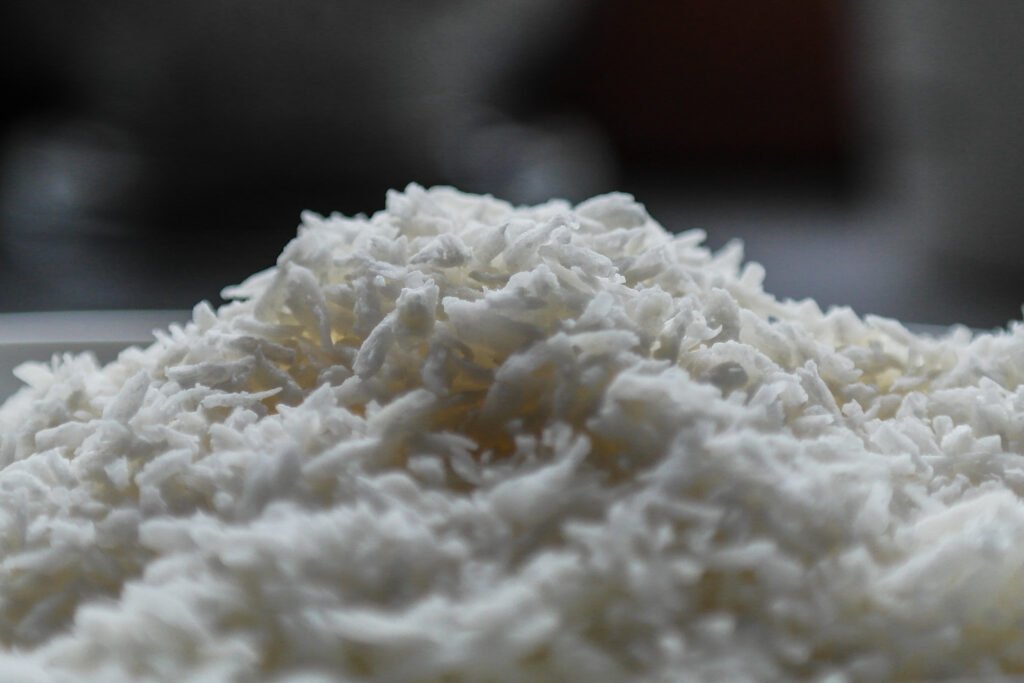
Diced Coconut
It is a gelatinous dessert with a clear, smooth and chewy texture. It is often made as a canned food, very sweet and a snack choice.
Coconut Chips
Coconut flakes are a ready-to-eat snack. It is prepared in savory or sweet form. The taste is similar to potato chips and is made from 9-10 month old coconuts used to make coconut flakes.
Coconut shells
Coconut shells can be used to make coconut bowls for food and fruits, wine glasses, storage boxes, lampshades, flower pots, and
They are very interesting and creative as gifts and small props for life.

Coconut skin
Many residents use coconut skin to make brooms after drying, a relatively rare use.
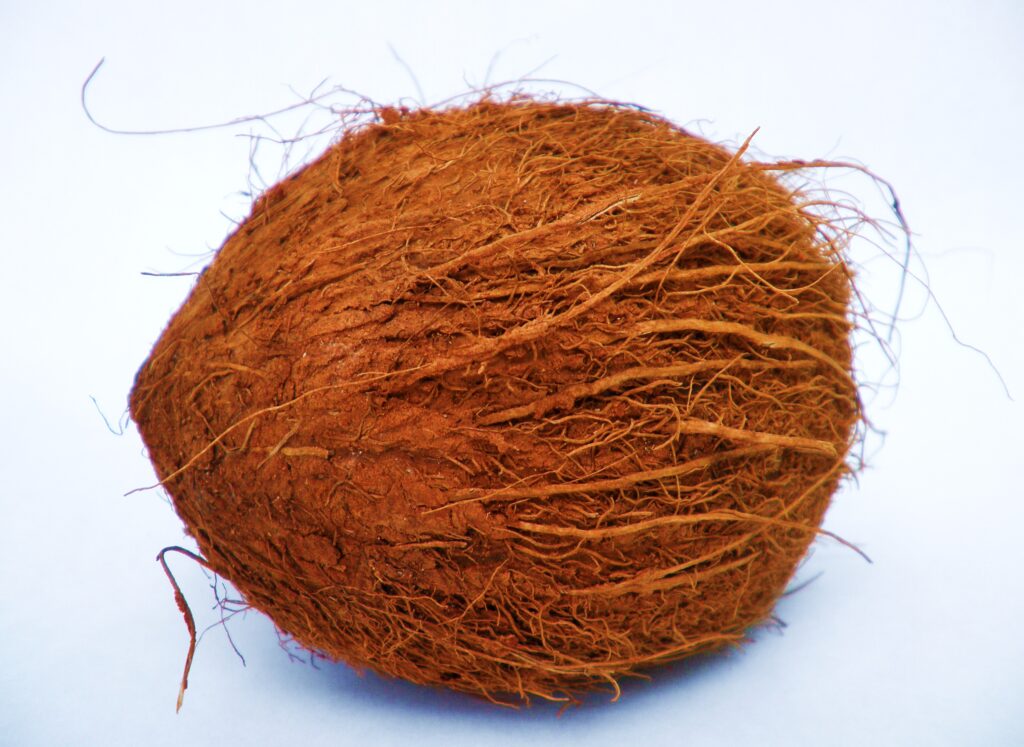
Coconut vinegar
Made from fermented coconut water, coconut vinegar is widely used as a preservative and flavoring agent in pickles, salads, sauces and many other condiments. Coconut vinegar is also made from the sap of the coconut tree, similar to fresh coconut water. It is a healthier alternative to synthetic vinegar.
Coconut palm sugar
Coconut syrup can be crystallized to produce fine grains of sugar. Due to its low glycemic index and high nutritional content, it is probably the most suitable alternative sweetener with great potential to be recognized by the market.
Coconut flower sugar
This is a product similar to crude sugar with a high mineral content. It is a rich source of potassium. It has a good sodium content and is free of total fat and cholesterol.
Coconut cookies
Coconut cookies can be made in different varieties by adding cocoa and butter. The product has a shelf life of three months under environmental conditions. Coconut cookies are nutritious, low in calories and high in fiber, making them one of the healthiest snacks.
Coconut Shell Charcoal
Coconut shell charcoal is obtained by burning fully matured coconut shells with limited air supply. There are two types of coconut shell charcoal: namely coconut shell charcoal and granular shell charcoal.
In fact, there are more applications of coconut in life and production, and more useful and interesting sharing will be updated in the future. Collecting the website and being able to learn comprehensive coconut-related knowledge will definitely help you a lot in choosing products.
Translated with www.DeepL.com/Translator (free version)
